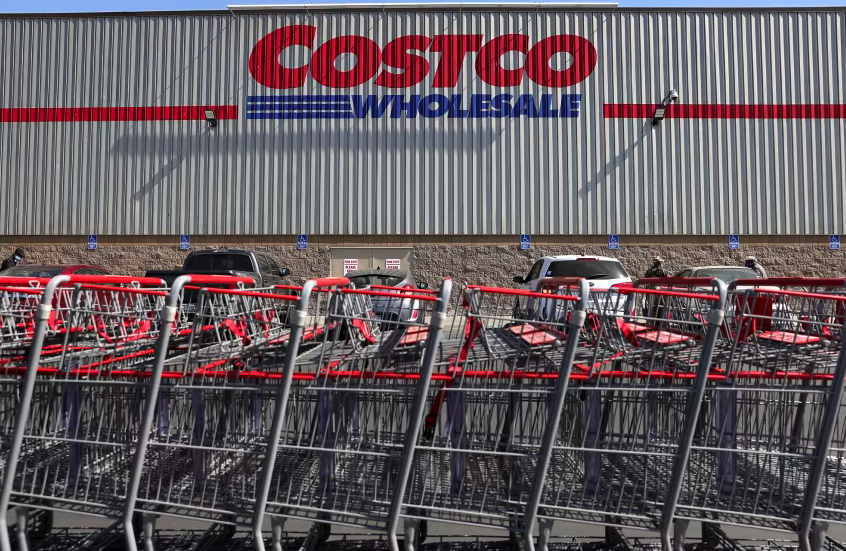Gambiaj.com – (New York, United States) – The Trump administration has announced sweeping restrictions on Iranian officials attending the United Nations General Assembly in New York. Under a notice to be published in the Federal Register, delegates from Iran, including those assigned to the Iranian Mission in New York, will face limits on their movements and purchases while in the United States.
Among the new rules: Iranian diplomats must obtain approval before shopping at any wholesale club store (such as Costco, Sam’s Club, or BJ’s) and for purchases of “luxury” items worth more than US$1,000—including watches, jewelry, silk or leather apparel, furs, perfumes, electronics, and alcohol.
They are also barred from buying cars priced above US$60,000. Their physical movement is similarly constrained.
The delegation is restricted to areas strictly necessary for transit to and from the U.N. headquarters to conduct their official business.
Why the U.S. Is Doing This
According to State Department spokesperson Tommy Pigott, these measures are designed as part of a broader strategy to punish the Iranian regime’s leadership while signaling solidarity with ordinary Iranian citizens.
Pigott said the United States will not allow “the Iranian regime … to have a shopping spree in New York while the Iranian people endure poverty, crumbling infrastructure, and dire shortages of water and electricity.”
The action is consistent with the U.S.’s so-called “maximum pressure” campaign: a strategy of tightening sanctions and diplomatic restrictions aimed at undermining Iran’s financial and political capacity to pursue nuclear weapons, support armed proxies, and engage in what Washington views as destabilizing regional behavior.
Also in the backdrop is the looming re-imposition of U.N. sanctions under the “snapback” mechanism. Triggered by the U.K., France, and Germany because of Tehran’s alleged noncompliance with parts of the 2015 nuclear deal, this mechanism means that many sanctions previously eased under the Joint Comprehensive Plan of Action (JCPOA) could return in full.
Moreover, U.S. officials characterize these diplomatic and economic constraints as not only punitive but symbolic: a way to expose what they view as the inequalities within Iran, where officials and elites can access foreign goods and benefits, while much of the population suffers from shortages and deteriorating basic services. This helps the U.S. appeal to international norms of human rights, accountability, and fairness.
These moves mark an escalation in U.S. pressure on Iran, with implications both symbolic and practical. On one hand, the restrictions limit privileges that many diplomats assume are standard. On the other, they further isolate Iran diplomatically and add to the economic constraints already imposed by sanctions.
From Tehran’s perspective, these restrictions may be presented as provocative or even humiliating, part of what Iranian officials or state media might describe as U.S. overreach.
Whether such measures will sway public opinion in Iran or change the behavior of its leadership is uncertain. But as far as U.S. strategy goes, the goal seems clear: increase costs, highlight internal inequalities, and reduce the regime’s ability to enjoy comforts abroad while claiming to represent all Iranians.










